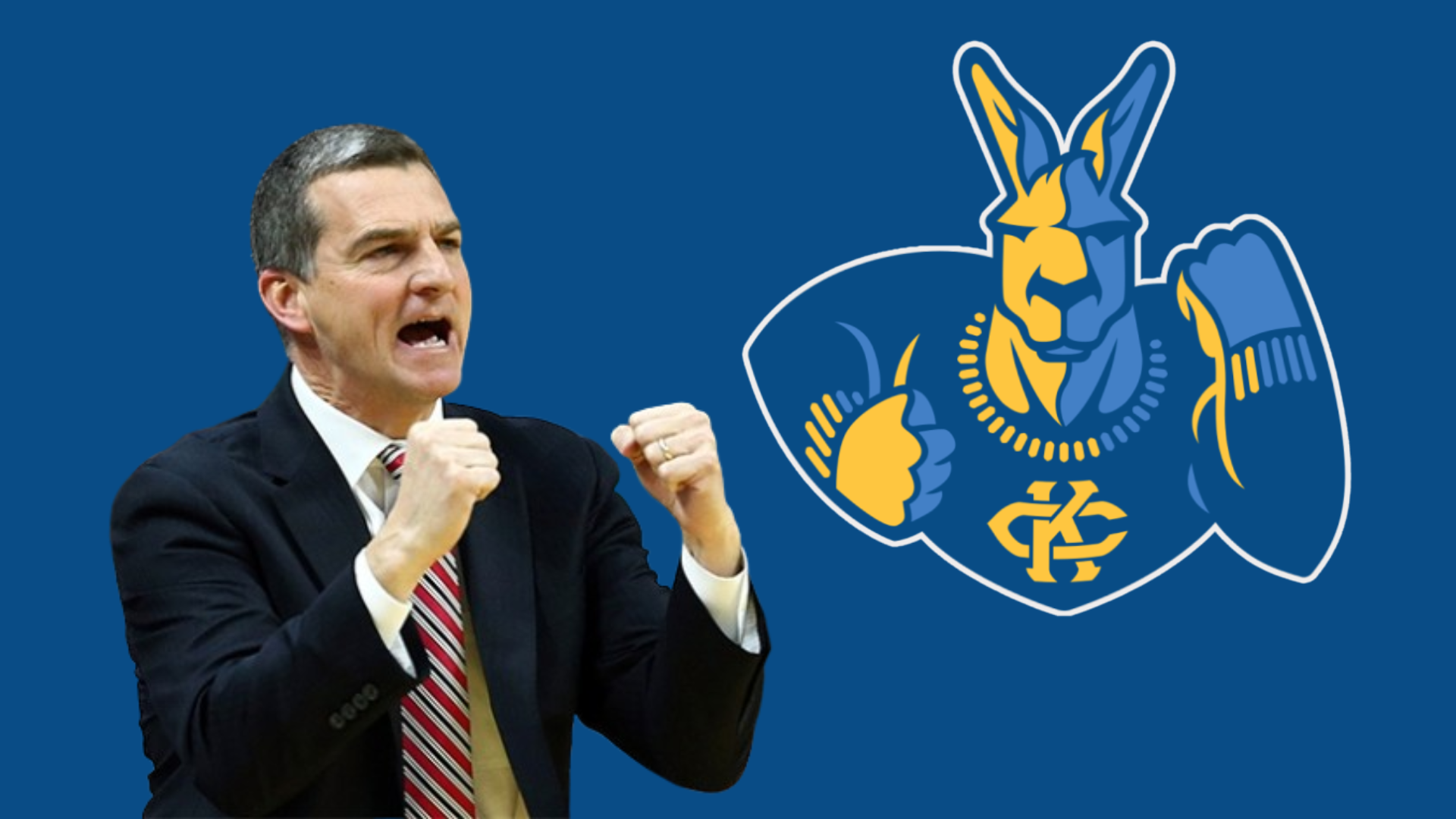It was my dream for as long as I can remember to be a college basketball coach. I saw myself as the head coach of a successful team, a staple of the campus and surrounding community, where everyone smiled and waved to me and called me “Coach.” I didn’t know where it was going to be, but I knew I would get there eventually. After I worked all of those long hours in the office, spent all of those nights in hotels on the road, and endured the roller coaster ride that repeats itself year after year with a different set of challenges for each college basketball program. It’s a crazy life, but it was all going to be worth it in the end when I had my own team, celebrated graduations and championships, and got to wake up everyday knowing that I was living my dream.
Every year I felt like I was closer. I had another year of experience on my resume and more recruits to hang my hat on. I went on-campus for interviews and kept thinking that the next one would be the one where I put it all together, blew the AD out of the water, and got that fateful call, many of us dream of, offering me my first head coaching job. Unfortunately, another call came before that fateful one I had been waiting and hoping for. It was the call almost all of us in the college coaching profession will experience at least once, but until you get it you always hold out hope that you’ll be the exception.
When you get that call, what do you do?
Sure, some guys will land on their feet after being on a staff that gets let go, but a majority will not. Especially when you have been in the business for over a decade, have a family to support and can’t take the same jobs and salaries you could when you first broke into the profession and bounced around from job to job early in your career. If you are like me, and your dream is on the line, you’ll do everything in your power to keep that dream from dying. But, with each passing interview and rejection, your hope will start to wane and reality will begin to set in. The window for finding a new college coaching job after you have been fired is brief, and the fact that you need a salary, health insurance, and to keep contributing to your retirement hangs over your head everyday like a dark cloud.
If you are like me, and the only post-college jobs you have on your resume are as a college basketball coach, how do you transition to another career path?
I was fortunate. No, I didn’t find a new coaching job after our staff was fired following the 2017-2018 season, but I had over the past 2 years taken on an additional administrative role in the athletic department that allowed me to gain value experience and new skills. Even though I didn’t realize it at first, this administrative role became my Plan B when I realized for the first time that I was not going to be a college basketball coach for the upcoming season. When the time to pursue Plan B arrived, I was ready, and I was able to transition into athletic administration where I was still able to work with student-athletes and coaches everyday, and had the opportunity to be a part of the athletic department team. No, it wasn’t coaching, but it was still college athletics and incredibly fulfilling.
I was a college basketball coach for 12 years, 10 years at the Division I level, and I’m extremely proud of my time as a coach and my accomplishments. The reason I wanted to write this piece was because when you are pursuing your dream it can often feel like taking the time do anything that doesn’t directly contribute to you fulfilling that dream is unimportant or not worth your time. But, I can tell you from experience, that doing things that can lead you to having a safety net are worth your time and don’t detract from the pursuit of your dream. I encourage all coaches, no matter how long you have been in the business, to take advantage of all opportunities that can potentially help you down the road wherever your career path may take you.
If tuition free classes are offered, take them, they might help you land a job as a teacher and coach later on. Show interest in what your athletic department administrators’ jobs entail, and work to develop relationships with them and ask questions. They will be future athletic directors, and can help you down the road with administrative jobs that can help you stay in college athletics. And, lastly, this is the hardest one, don’t take for granted that your coaching career will turn out the way you envision it. If your dream, like mine, was to be a college basketball coach, make sure that you live in the moment. Don’t wait for that fateful job offer to be thankful, and feel like you are finally living your dream. You were the entire time. And, lastly, work everyday to hold on as tightly to your dream as you can, for as long as possible, so that hopefully you’ll never have to pursue that Plan B.
Matt Raidbard
Assistant Athletic Director-Compliance
University of Northern Colorado






